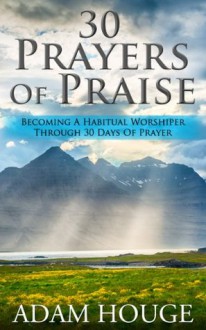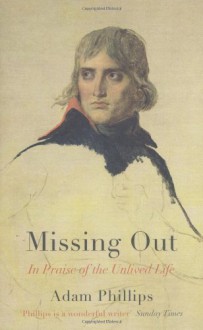
Well, what better book to read when you are in the Netherlands than Erasmus' tributed to stupidity. Okay, I'm sure he is not being serious, though it is difficult to tell at times, particularly when he suggests that by being an idiot one does become healthy, wealthy (but not necessarily wise – actually, that would be quite the opposite). Actually, healthy is probably not necessarily something that comes either, but certainly wealth seems to come to a lot of people who simply don't seem to have all that many brains, and that a lot of people are running around with pieces of paper that seem to claim that they are actually really intelligent, but in reality are complete idiots. Actually, that is not at all surprising because my Dad, who was an academic, has actually confirmed that one thing that academics seem to lack is common sense – they may have a university degree, but they haven't made their way in the school of life where they learn that doing stupid things doesn't necessarily pay off.
Actually, what Erasmus was getting at was that in the Europe of his time it seemed to benefit one a lot more to be stupid than to actually be wise. For instance, there are a lot of philosophers out there that don't seem to have all that much to rub together – actually being an artist doesn't seem to do all that much for you, at least while you are alive: as people seem to suggest, the only famous poet is a dead poet (and I suspect that is also the case when it comes to other artists, unless of course you happen to be Justin Beiber, but then again I guess he goes to prove that Erasmus actually has a point).
Look, everybody could rile against bankers, lawyers, and the like, but the problem is that as long as there is money and trade they are going to be with us – which is probably why Lenin, rather unsuccessfully mind you, tried to do away with commerce. Actually, we need to also consider the world in which Erasmus was running around – it wasn't like today where the bankers, lawyers, and such, would actually be the rulers of the country – that was the job of the aristocrats (the Netherlands was still a couple of hundred years away from becoming a republic) – however they still managed to dig their fingers into anything and everything that they could (and if you wanted to see a prime example of stupidity then you need look no further than the aristocracy). It reminds me of a quote by Kurt Vonnegut – the job of a lawyer is to move money from one point to another and take some for themselves, though the reality is not a bit but as much as they can get away with (they'll take all of it if they can generate enough billing hours).
Yet this is the foolishness that Erasmus is poking fun at – the fact that people are so caught up with the acquisition of wealth that they don't actually see the beauty of the world around them. In fact as long as they can surround themselves in a bubble of niceness (such as the Gardens by the Bay in Singapore – and that is a classic example – the city itself is beautiful, but jump across the straights of Malacca you will see an industrial hell hole – externalising to the extreme), it doesn't matter what goes on outside of their circle of comfort as long as it doesn't disturb that circle. However this is foolishness to the extreme – they want their comfort but comfort doesn't necessarily equate with happiness. I have lived in a big house with a swimming pool, but as soon as all my friends left after a three day party I was all alone again, and it all fell apart as well (and it wasn't as if I had money either – I didn't – it was just that I managed to score a room in a really cool sharehouse, and when I everybody moved out I was left with the entire house to myself).
They say that there is no such thing as a stupid question, only stupid people, and I am sure this was going through Erasmus' mind at the time. The thing that makes a person stupid is because they don't ask questions, and the reason that they don't ask questions is because they don't want to seem to be stupid, but by not wanting to appear stupid they make themselves stupid by not asking any questions. At other times the reason they don't ask questions is because they believe that they already know the answer, or if the answer is wrong that is irrelevant because as far as they are concerned if that is their answer then that is the correct answer. Have you ever tried to argue with a stupid person? If you have then you'll know what I mean (though, of course, because we don't accept their answer, and their answer is actually right, then it makes us the stupid person).
The conclusion of the book comes down to a criticism of the church. Like [author:Martin Luther], Erasmus went to Rome and was horrified at what he saw. In fact he completely ruined his career by writing books such as Praise of Folly, however I will leave it at that because I am reading the next section of the book, and I will deal with criticism of then church therein.


 Log in with Facebook
Log in with Facebook 









